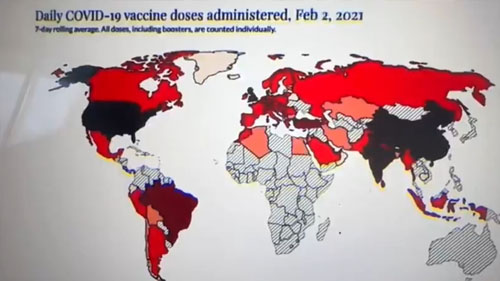| Recent Featured Videos and Articles | Eastern “Orthodoxy” Refuted | How To Avoid Sin | The Antichrist Identified! | What Fake Christians Get Wrong About Ephesians | Why So Many Can't Believe | “Magicians” Prove A Spiritual World Exists | Amazing Evidence For God | News Links |
| Vatican II “Catholic” Church Exposed | Steps To Convert | Outside The Church There Is No Salvation | E-Exchanges | The Holy Rosary | Padre Pio | Traditional Catholic Issues And Groups | Help Save Souls: Donate |  |









 " />
" /> " />
" /> " />
" /> " />
" /> " />
" />




DEA thinks medical records don't count as "private"
Lucy Steigerwald vice.com If last month’s revelation that the the Drug Enforcement Administration (DEA) has been keeping a database of phone logs since 1986 wasn’t bad enough, here’s further proof of the intrusiveness of the agency's tactics: a lawsuit being fought between the DEA, Oregon, and the American Civil Liberties Union (ACLU) hinges on the fact that the drug warriors believe they should have easy access to the Oregon Prescription Drug Monitoring Program (PDMP) database and have been acting on that belief, even though it contradicts state law. In plain English, the DEA says that if your medical records are shared with a pharmacy—something that happens routinely thanks to the PDMP—you lose the right to assume that that information is private, even if lawmakers in your state disagree with law enforcement. The basis for the DEA's legal argument is the third-party doctrine, the precedent the government leans on if it wants to look into your credit card charges, your utilities bills, your emails, or anything else that you have shared with someone else. The Fourth Amendment protects you against “unreasonable search and seizure,” but increasingly, in an era where the vast majority of our private communications go through a third party, law enforcement is expanding the definition of what a “reasonable” search is. to read more click here: vice.com
Sign up for our free e-mail list to see future vaticancatholic.com videos and articles.
Recent Content
^